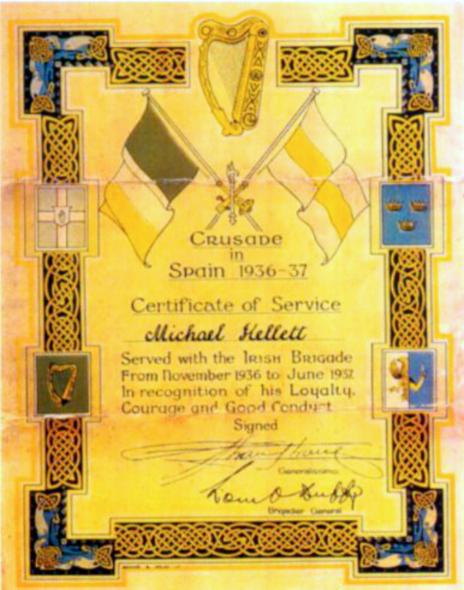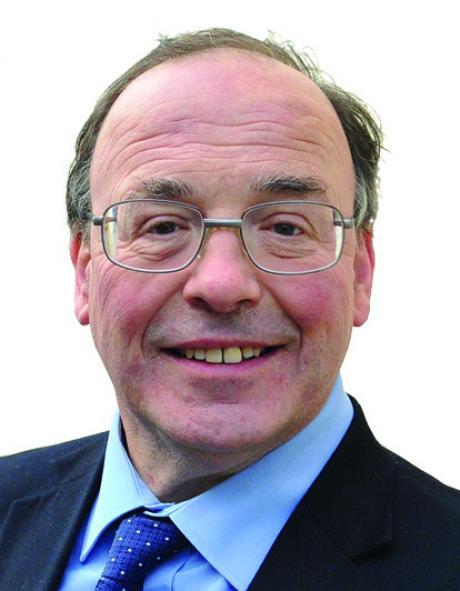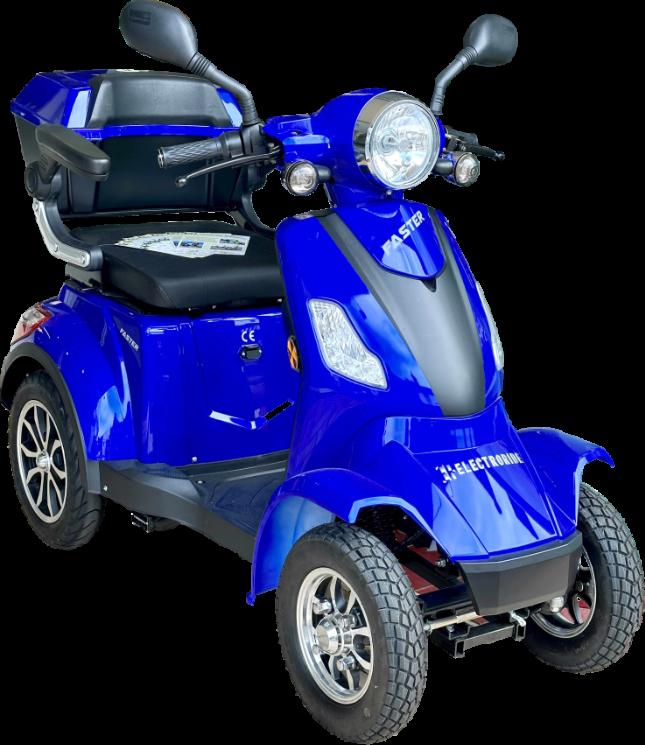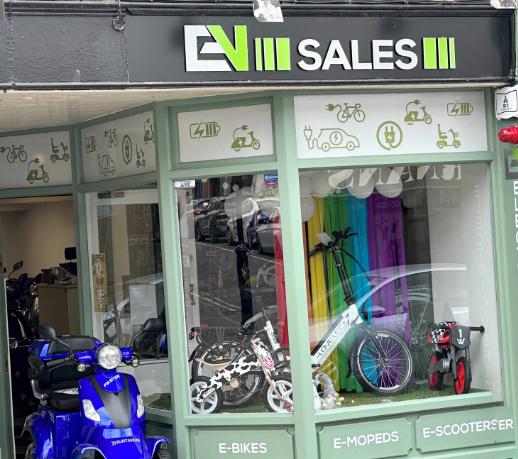
2 minute read
The Spanish Civil War Part 1
Spain. Many of the Brigade’s officers, former Blueshirtsandmembersof O’Duffy’s National Corporate Party, N.C.P., were motivated by fascism or loyaltytotheirleader.
TheSpanishCivilWar has attractedhistoricalinterest becauseofitsroleasaprecursortoWorldWarII.The Spanish monarchy was peacefully overthrown in 1931 and a Republic declared.
Advertisement
On July 20th, 1936, reports appeared in Irish newspapers of an attempted coup d’etat against the democratically elected government in Spain.
General Francisco Franco would emerge as leader of the anti-government forces. Instead of a rapid seizure of power by the right wing, Spain was plunged into a cruel three year civil war. Feeling in Ireland in the 1930s ran overwhelmingly against the second Spanish Republic due to the opposition of the Catholic Church.
The Catholic Church portrayed the war as a struggle between Christ and anti-Christ. Spain was seen as a religious rather than political conflict. Christian civilisation was endangered by the poison ofcommunism.
In August 1936 General Eoin O’Duffy, the former Garda commissioner and Blueshirt leader, announced the formation of anIrishBrigadetofightfor Franco. O’Duffy had been briefly the leader of Fine Gael in 1933-34, but was forced out due to his extremeviews.O’Duffywasa marginalised figure by 1936andlookingforaway to again boost his public image. By late 1936 some 7,000 men had volunteered to go to Spain, of whom about 700 sailed to
A smaller contingent of menleftIrelandtofightfor the Spanish Republic. Support for the Spanish Republic was organized through various left-wing organizations, though it was limited by the actions in Spain against the Catholic Church. No men from Meath appear in its records.
Leonard Moran, son of P.J. and Mrs. Moran, principals of Kill. N.S., Rathmolyon, was a student for the priesthood at the Irish College, Salamanca at the outbreak of the civil war. Postal communications with home were disrupted and a month’s delay occurred in posted items. The students moved to their summer house at Asturias which placed them intheRedcontrolledarea
A food shortage resulted in rationing for the students. They were not interfered with by the Reds as they flew the British flag. The local forces patrolled the streets and requiredpeopletoreplyto their salutes. Eventually the Reds decided to return them to Salamanca and the students were marched through the streets. On reaching Salamancatheywerelodgedin ahotelovernight.Thelocal Reds rushed the building and told the students to leavethecountry.ABritish destroyer, Valorous, took them on board at Santandar along with a number of hikers, Oxford UniversitystudentssomeGermansandItalians.
The destroyer deposited them at Saint Juan de Luz, the nearest French port. The students eventually reachedPariswheretheIrish Legation took charge and sent the refugees home to Ireland.
Inlate1936BernardFitzsimons of Kells left for
Spain. Son of the late Bartle Fitzsimons and brother of Frank Fitzsimons, Bernard received his education at the Christian Brothers, Kells and then took up a position in the hardware department of John C. Cooney, Kells. HewasinvolvedintheVolunteers from 1917 and was closely identified with the Gaelic League, GAA andnationalmovements.


In 1919 he returned to Kells and was elected a member of the Urban District Council for Sinn Fein. In the 1930s Bernard worked in charge of the hardware and timber stores of Michael Doyle, Tullow Street, Carlow, and waselectedmemberofthe Carlow Urban Council. InDecember1936Alexander Walker, only son of CharlesandMrs.Walkerof Zeyphr Lodge, volunteeredforO’Duffy’svolunteers.
Hubert Hanley, from Cullentry, Rathcore, had served as an NCO in the National Army and had alsofoughtduringtheWar of Independence. Thomas Tully, Deerpark, Moynalty had been a supporter of O’Duffy and was director of the N.C.P. for NorthEastMeath.Hehadlefthis employment two months before in order to join the Brigade. Patrick Slevin, Chamberlainstown, Kells, wasalsoasupporterofthe N.C.P. Ex-National army man, Patrick Farrelly of Spiddal, Nobber, also volunteered.

A native of Donegal, Michael McLoughlin, Ballinlough, Kells, gave up his job in the boot factory, Kells, to join the brigade.
TO BE CONTINUED





















